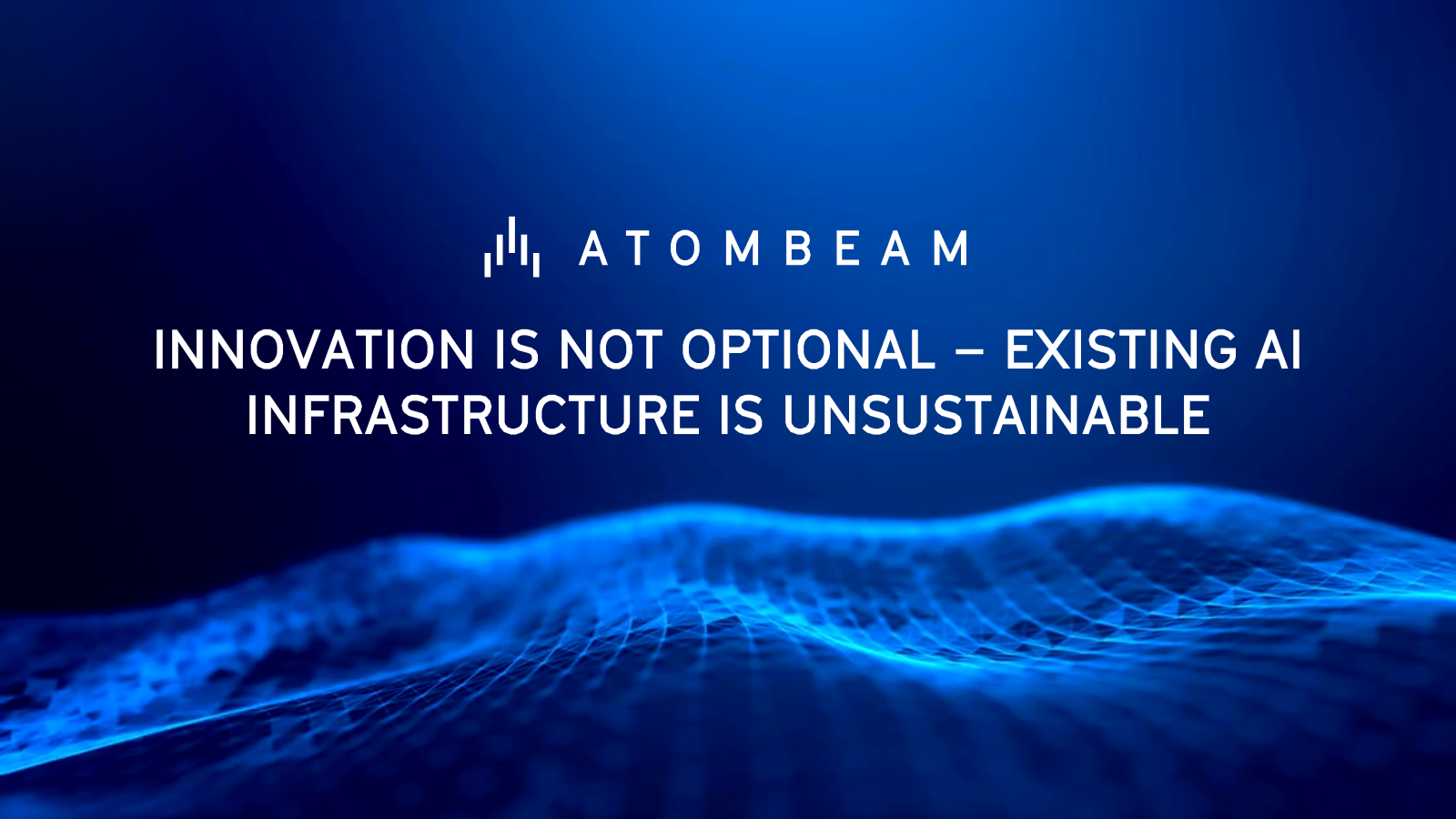It’s no secret that at Atombeam we believe in the transformative potential of AI, and its ability to positively impact how people and machines work. But while we are collectively still in the nascent phase of AI adoption and the creation of the guardrails that will ensure it is used responsibly, AI's very real impact on networks and data centers is already being felt.
This week a number of publications ran stories pointing to research by The Financial Times that details in very real terms just how much AI impacts data center operations. TechCrunch’s headline says it all: “Demand for AI is driving data center water consumption sky high.” More specifically, the FT’s analysis focused on Virginia, the location of the largest concentration of data centers in the world.
Although there are some very compelling gains being made in efforts to cool data centers without using water, cooling isn’t the only issue. Power consumption and cooling typically go hand-in-hand, and not surprisingly the amount of power needed for heavy AI workloads is also increasing dramatically, with Google’s greenhouse gas emissions growing by 48% since 2019.
We have a solution. Atombeam’s Data-as-Codewords radically decreases the size of data and the latency at which it is transferred – all while increasing available bandwidth by 4x, radically enhancing security, and extending storage capacity. With Data-as-Codewords, networks, data centers, satellites, and the devices that are connected to them also run far more efficiently, require less cooling, and use less power, whether it’s being sourced from the power grid or batteries.
And that of course is just the beginning. Stay tuned for more on our Large Codeword Models (LCM) technology. And did I mention that Data-as-Codewords maintains the searchability of data – an important distinction when working with self-learning AI that’s not possible with data compression schemes?
These are just some the benefits of Data-as-Codewords and the sea change that results when innovation breaks away from the longstanding focus on making chips faster and instead endeavors to make data itself more informationally dense – a strategy that benefits enterprises regardless of the hardware they rely on and empowers data center operators to address their cooling and power needs head on.









